'The penalty for good people
who don't get involved in politics
is to be governed by people
inferior to them'
Plato Republic.
I've never felt more strongly in my life that we don't have the politics we need.
It's not just that politicians need to 'reconnect with ordinary men and women', which is another soundbite which has ended up as a way of putting something in the way of the solution rather than a solution itself.
No, we have to take control of politics. You and me. I mean this. Politics can't be left to the politicians; they have manifestly failed for a generation to engage us. If the Right has one good idea it is that we shouldn't expect government to do everything for us; but not because we should become business entrepreneurs - we have to become entrepreneurs of politics.
Scotland has just done this. The referendum debate animated the whole of Scotland. Why can't that happen in England (and Wales and Northern Ireland)? Are the Scots more intelligent than the English? Of course not. Do they care about their country more than we care about ours? I hope not but there's only one way to find out.
I've got my views about what should happen, but I could be wrong about all of these things. I want to have the argument, hear opposing views. I want to live in a country where we all think about these things. I want to discover I'm wrong.
So here's the proposal. Let's meet and talk. You, me, anyone who wants to join in an open conversation about what future we want and is prepared to get involved to move this country even an inch towards that future.
I've chosen 6 November. It's a Thursday. Near enough the end of the week for a drink but I'm not trying to occupy your precious quality time. I'll book a room somewhere in Central London. If you can't get there, why not set up your own meeting? We can share our experiences afterwards. I've called this a 'Table' meeting, because there's little more I like than sitting round a table with friends, talking ideas, having a drink, making plans.
Our debate needs to be completely open. It needs to be a politics of the imagination. I've been a Labour Party supporter and member for almost 30 years (with an Iraq-War-inspired break) but I'm not going to assume the Labour Party must be the focus for this. It could be the Greens. It could be a new party. It might not be a political party at all. Everything should be on the table. Let's sit round and talk about politics. Let's make a start.
Let's meet in an endless variety of forums and think together, talk and debate, discuss, passionately and sedately, over coffee and over beer, in council chambers and pubs and online and offline and in old school rooms and front rooms and marquees. Let's sit in the park and talk about voting systems. Let's drink wine under trees and ask what Britain we want to see before we die.
Let's think visually and emotionally and rationally and let's put our hearts into this.
Let's put laughter and love and beauty into our new politics.
Let's not wear suits (unless you like wearing a suit, in which case wear a suit).
Let's start again, let's be naive, let's be hopeful.
Let's imagine anything is possible and let's remember that actually anything is possible.
Let's believe these things matter and let's remember that they actually matter.
Let's not tell ourselves that it won't work; let's ask, what if it worked?
Let's not ask: but what can we do? Let's ask: what can we do?
I mean this. I don't care if it's just two of us, you and me, because that's a start. But maybe it'll be thirty of us. Or one hundred. Or a thousand. Contact me on twitter or email me if you want to be involved.
What's the worst that can happen? We have an evening of drinking and talking and we meet some new people. What's the best that can happen? We start something.
Let's start something.













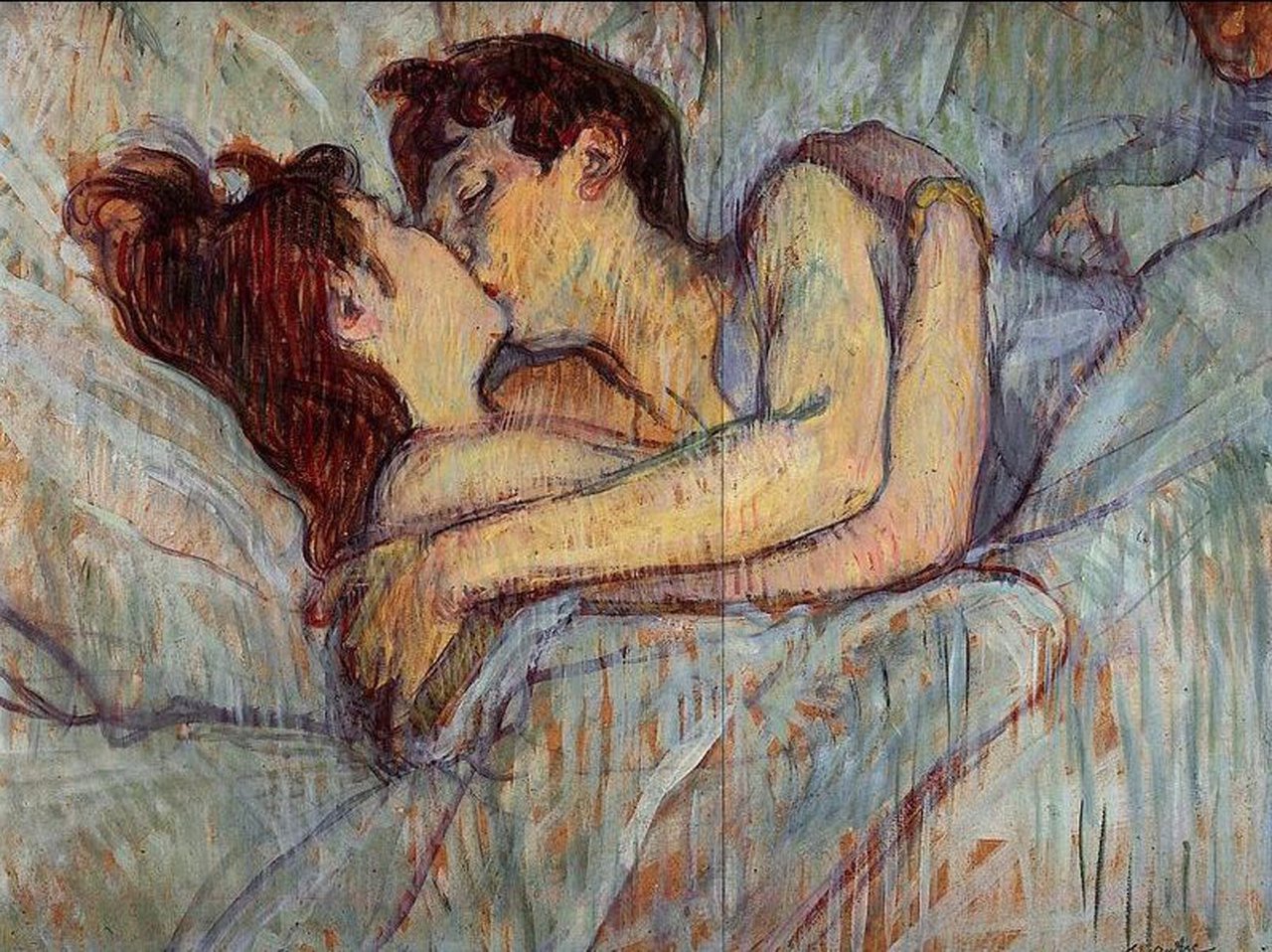
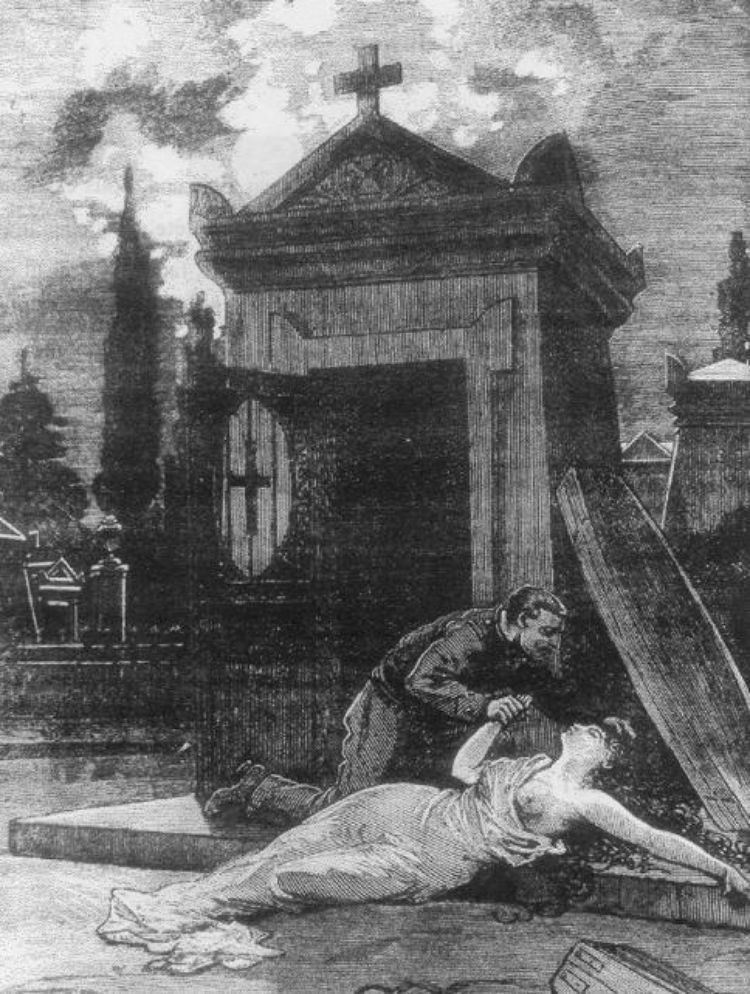
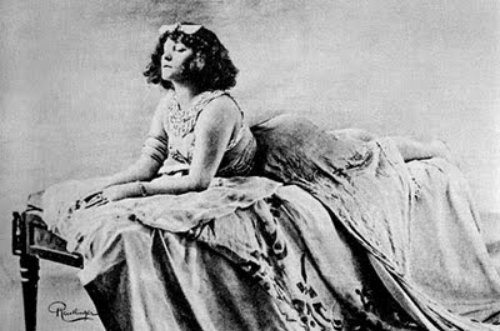
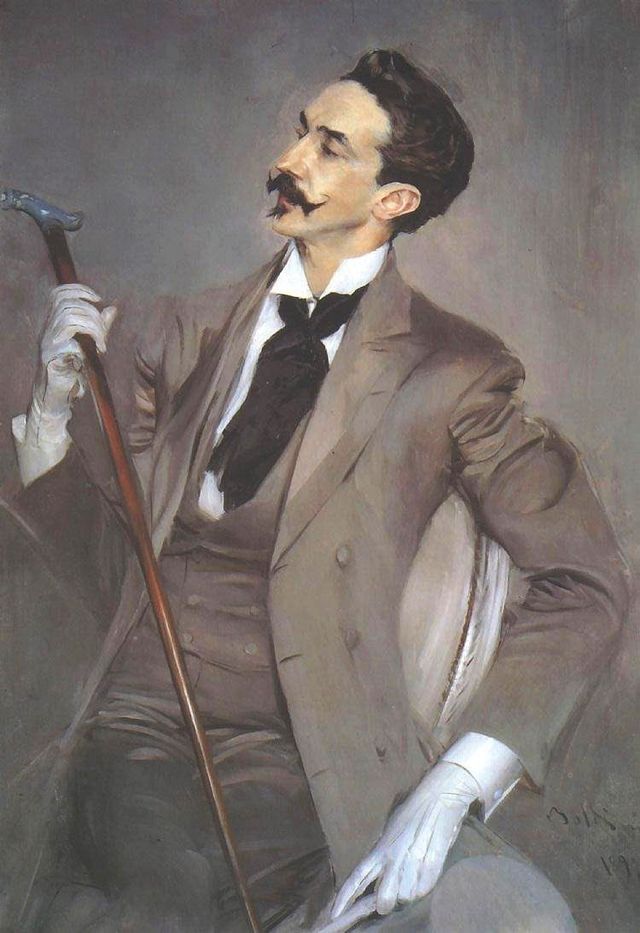
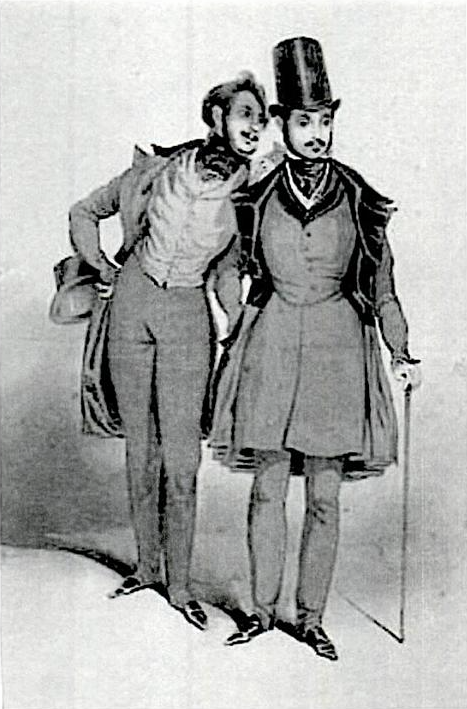
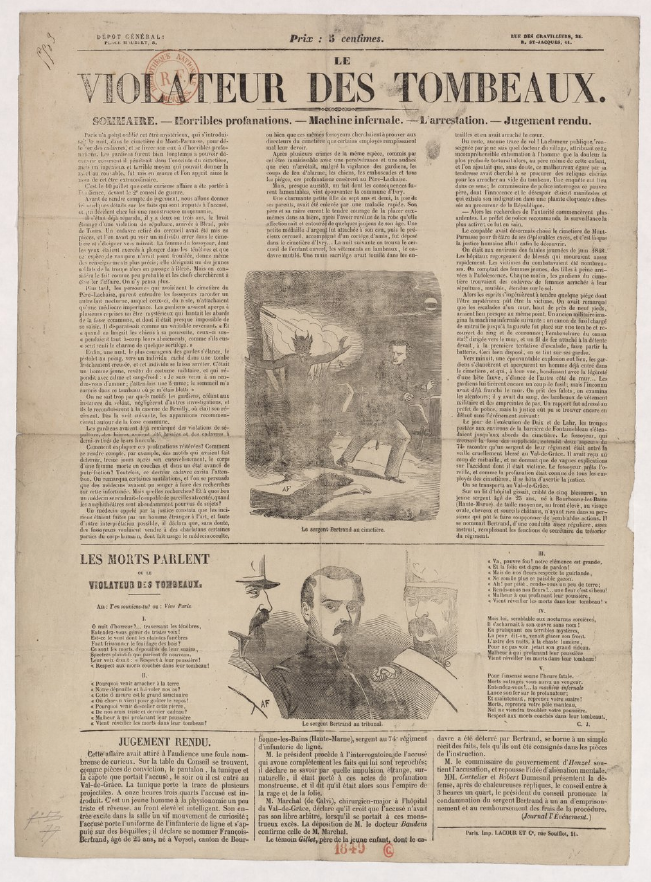
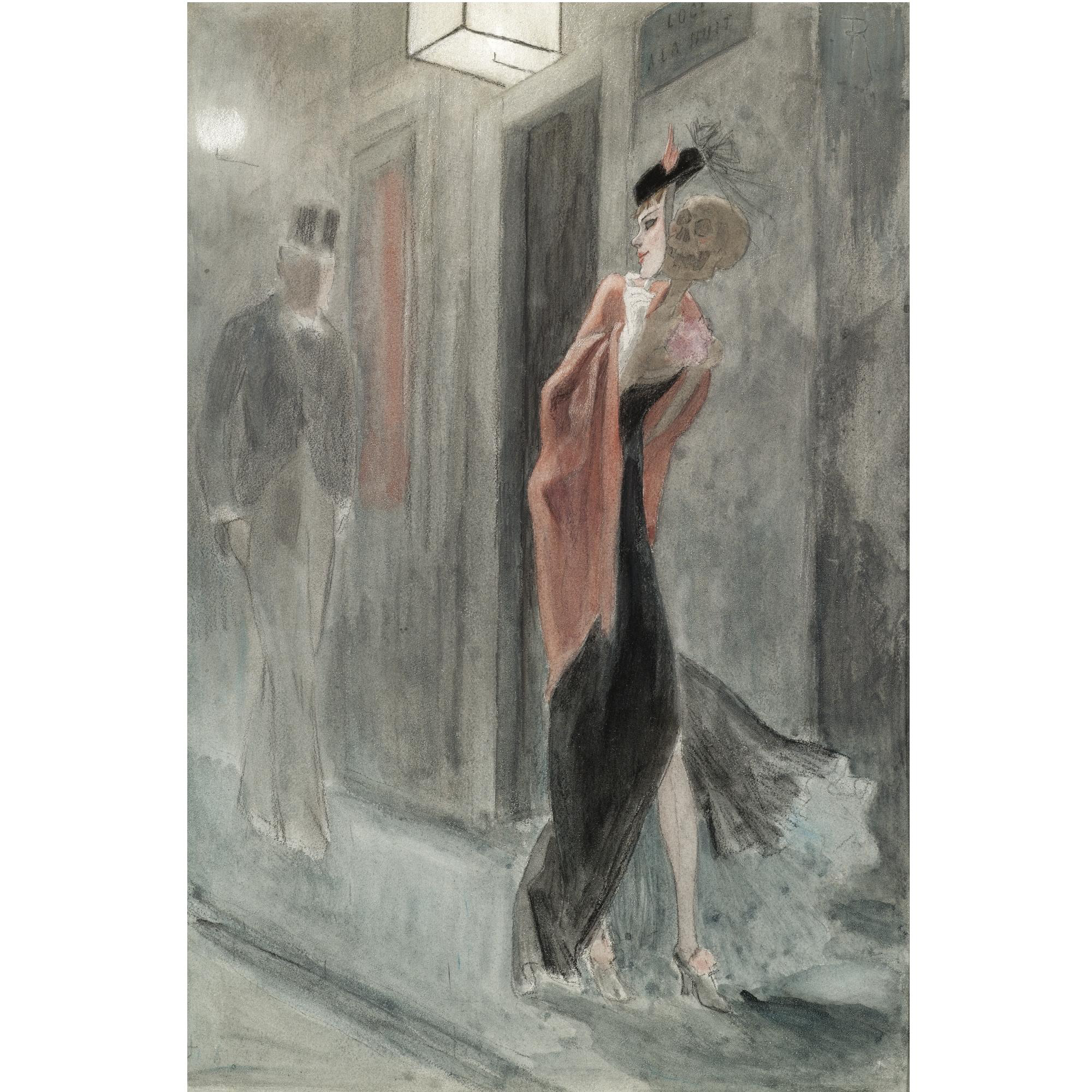





![photo[1].jpg](https://images.squarespace-cdn.com/content/v1/513c543ce4b0abff73bc0a82/1362919072201-PZO854G4SEB794DVOEI8/photo%5B1%5D.jpg)
